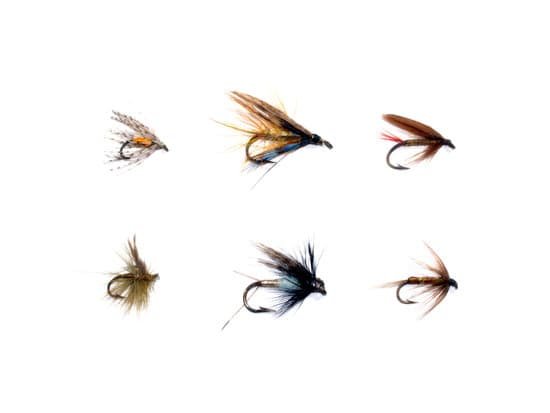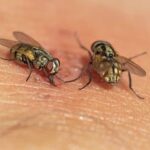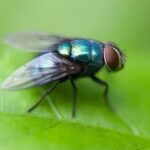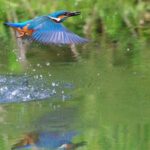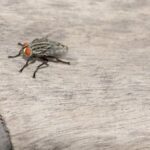How Do Flies Help Compost?
Flies are an inevitable part of any compost pile, and while the presence of flies can be beneficial to the composting process, they can also pose a health risk. Flies are drawn to organic matter that contains rotting food, and they will lay their eggs in the same area, where they will hatch into maggots in a few days. This can create an unsanitary situation that looks like a CSI crime scene. To avoid this, you should maintain a clean and well-maintained compost bin.
If you are concerned about the presence of flies, you can add a layer of brown material over your green waste to discourage them from laying eggs. Flies are drawn to food, so the more brown material you add to the pile, the less likely they are to be attracted to the compost. This brown material can be paper bags, newspaper, or leaf litter.
Another way to discourage flies is to put away your kitchen scraps and other organic waste. Flies prefer warm, moist areas, and so it is important to keep your compost bin as free of food waste as possible. Avoid placing food scraps near the compost bin, and you can use a fruit fly trap made from banana peels or apple cider vinegar.
While soldier flies are often mistaken for wasps, they are beneficial for composting. The larvae of these flies inoculate organic materials with beneficial bacteria and help speed up the decomposition process. They are also useful for worm bins, as they don’t harm the worms.
